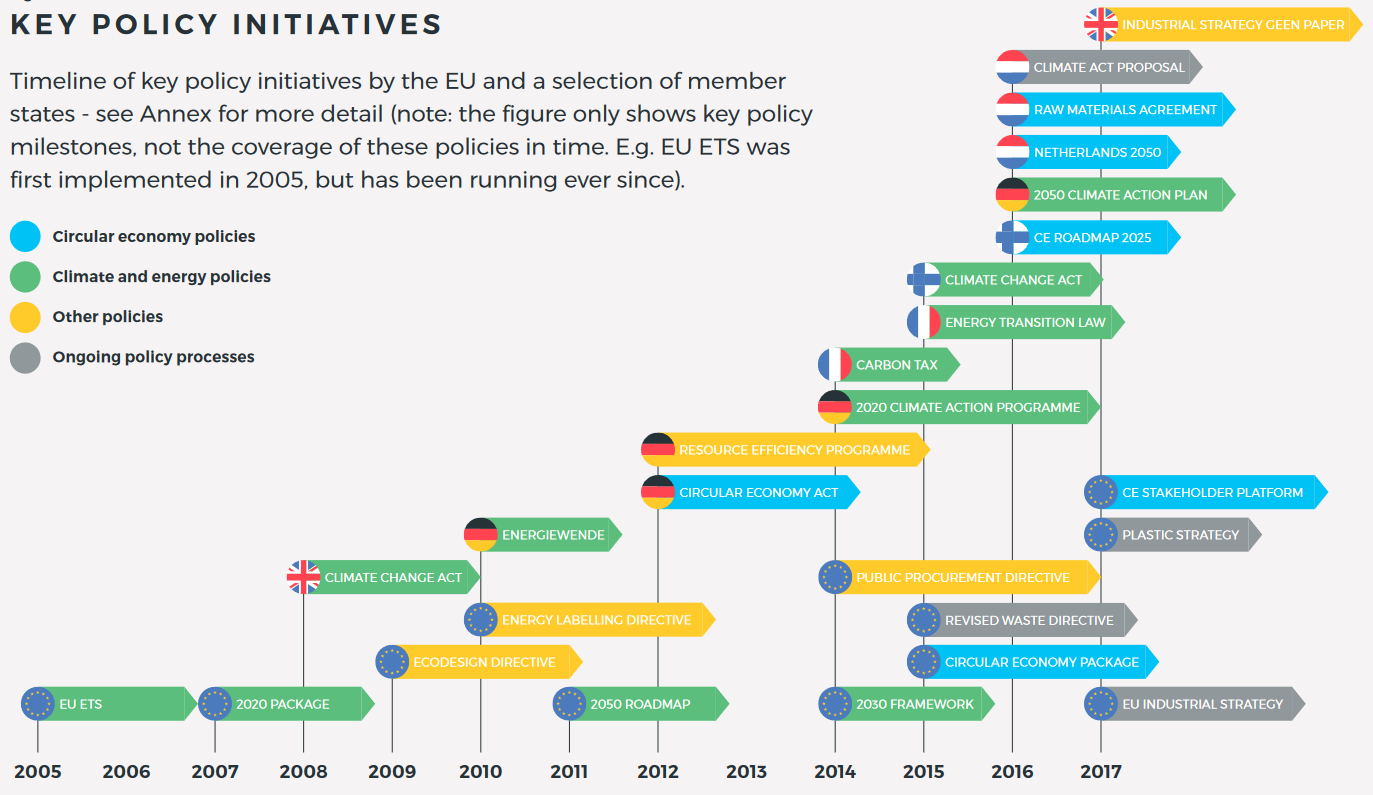The world is currently facing a climate crisis, and reducing carbon dioxide emissions is one of the most critical challenges that we face. Carbon policy is an important strategy that aims to reduce carbon dioxide emissions by promoting the use of cleaner energy sources, while ensuring energy affordability and reliability.
What is Carbon Policy?
It refers to a set of policies aimed at supporting the energy sector’s transition to lower carbon dioxide emissions while ensuring that energy remains affordable and reliable for consumers. The objective is to achieve carbon dioxide emission reduction targets by promoting the use of cleaner energy sources.
Market Mechanisms for Carbon Policy
To achieve its goals, carbon policy relies on various market mechanisms, the most common of which are Emissions Trading Schemes (ETS) and carbon taxes.
Emissions Trading Schemes and Carbon Taxes
ETS allows companies to buy and sell permits that allow them to emit a certain amount of carbon dioxide. Companies that emit less than their allotted amount can sell their unused permits to other companies that exceed their limit. This creates a market for carbon dioxide emissions, which incentivizes companies to reduce their emissions to avoid buying more permits.
Carbon taxes impose a tax on carbon dioxide emissions, making the cost of emitting carbon dioxide higher. This creates an incentive for companies to reduce their emissions. The revenue generated from the carbon tax can be used to fund renewable energy projects or to provide rebates to consumers for investing in energy-efficient appliances.
Government and Organizational Support to Carbon Policy
In addition to market mechanisms, governments and organizations can also promote clean energy development through subsidies, grants, and other financial incentives. This can help accelerate the adoption of renewable energy sources and support the growth of green industries.

The image above shows the key policy initiatives implemented by the EU regarding carbon emissions.
Benefits of Carbon Policy
By promoting the use of cleaner energy sources, policies can help to reduce carbon dioxide emissions and mitigate the impact of climate change. It can also create a more sustainable and prosperous future by supporting the growth of green industries and promoting the adoption of renewable energy sources.
Conclusion
In conclusion, carbon policy is an essential tool for mitigating the impact of climate change and achieving global carbon dioxide emission reduction targets. By creating market incentives for companies to reduce their emissions and promoting the use of cleaner energy sources, it can help create a sustainable and prosperous future for all.
Frequently asked questions
What are the market mechanisms used in carbon policy?
The most common market mechanisms used in carbon policy are Emissions Trading Schemes (ETS) and carbon taxes. ETS allows companies to buy and sell permits that allow them to emit a certain amount of carbon dioxide, while carbon taxes impose a tax on carbon dioxide emissions, making the cost of emitting carbon dioxide higher.
How can governments and organizations support clean energy development?
Governments and organizations can promote clean energy development through subsidies, grants, and other financial incentives. This can help to accelerate the adoption of renewable energy sources and support the growth of green industries.
What are the benefits of carbon policy?
Carbon policy provides numerous benefits, including reducing carbon dioxide emissions, mitigating the impact of climate change, and creating a more sustainable and prosperous future by supporting the growth of green industries and promoting the adoption of renewable energy sources.






